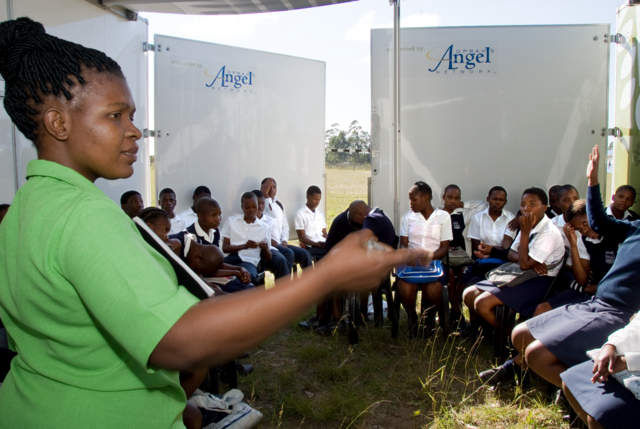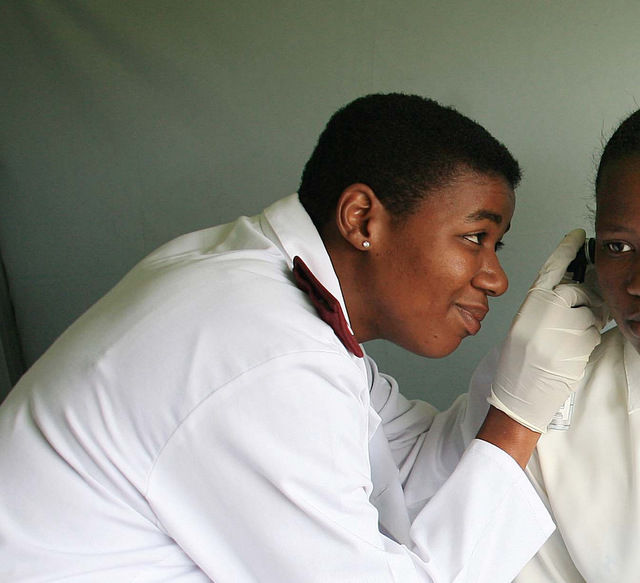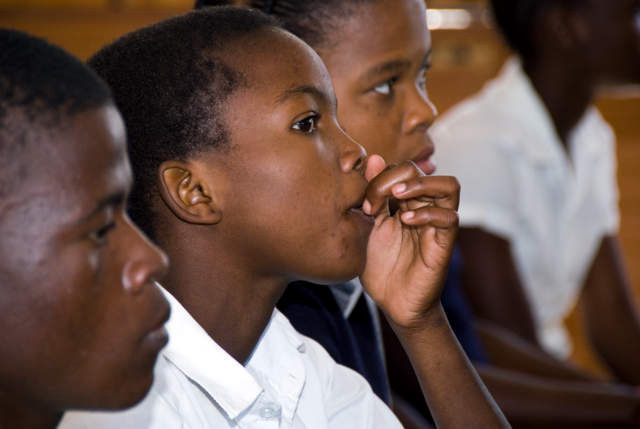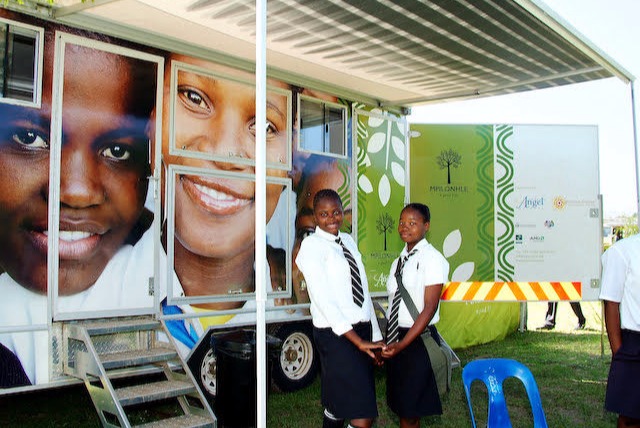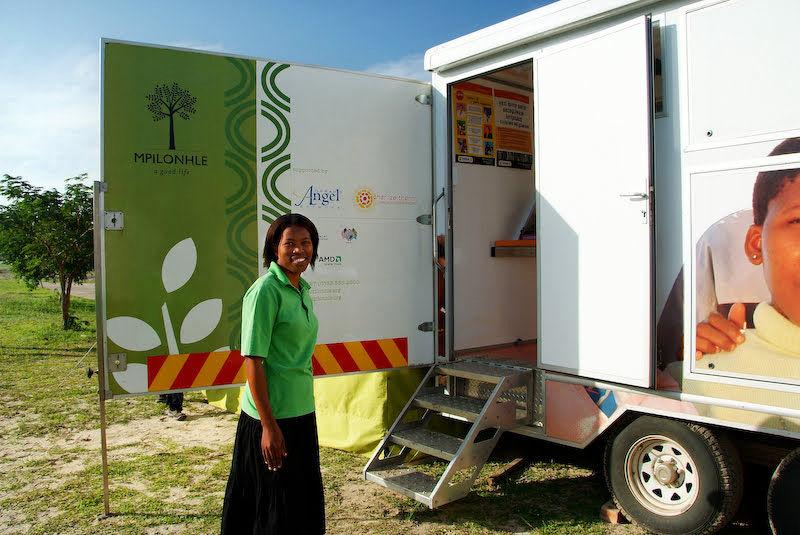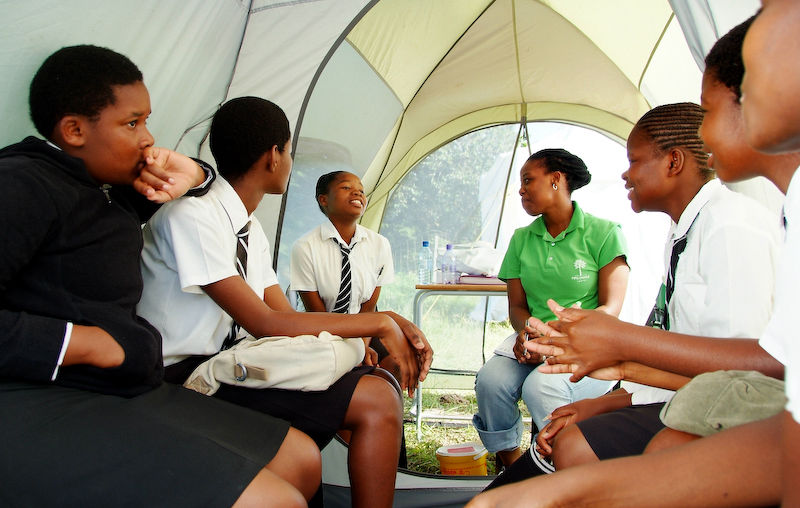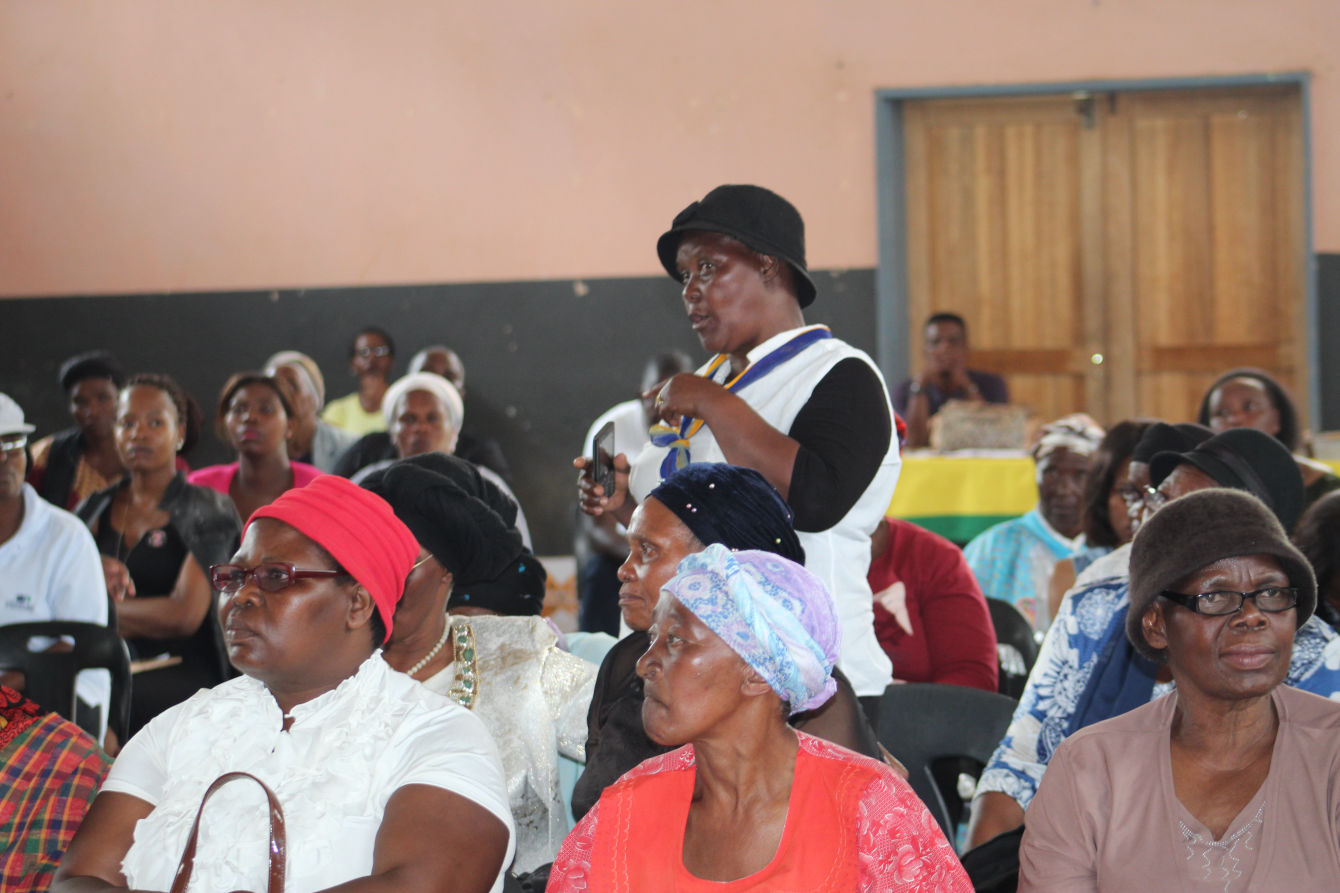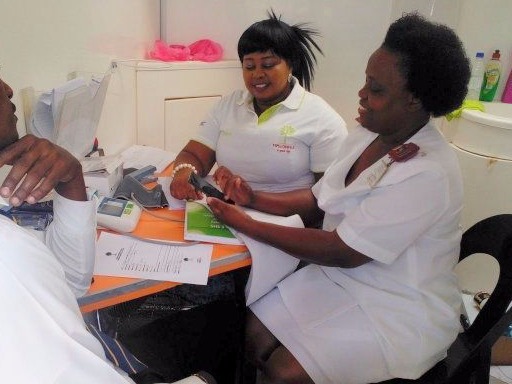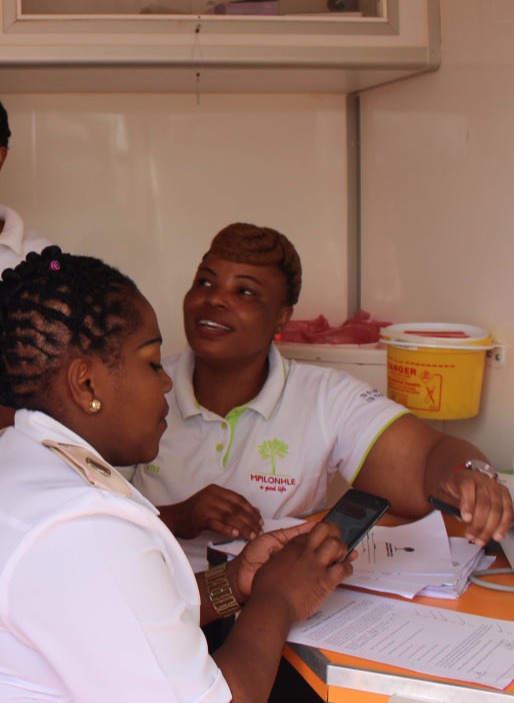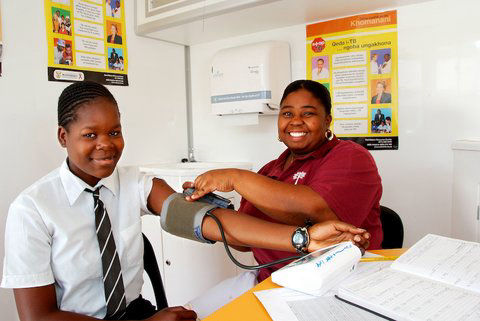
Individual Screening Sessions
The 45 to 60 minute individual session done by a Health Counselor include Health Screening for Infectious Diseases such as Sexual Transmitted Diseases (STIs), Tuberculosis (TB and DR TB), and Non Communicable Diseases such as Diabetes, Obesity, and High Blood Pressure. An average of 90% of the learners opt to test for HIV. Further learners are screened for a range of behaviour and psychosocial problems. These include substance abuse, risk-taking behaviour, depression and other mental health problem issues of family dysfunction and food security, risk for gender-based violence and sexual abuse.
